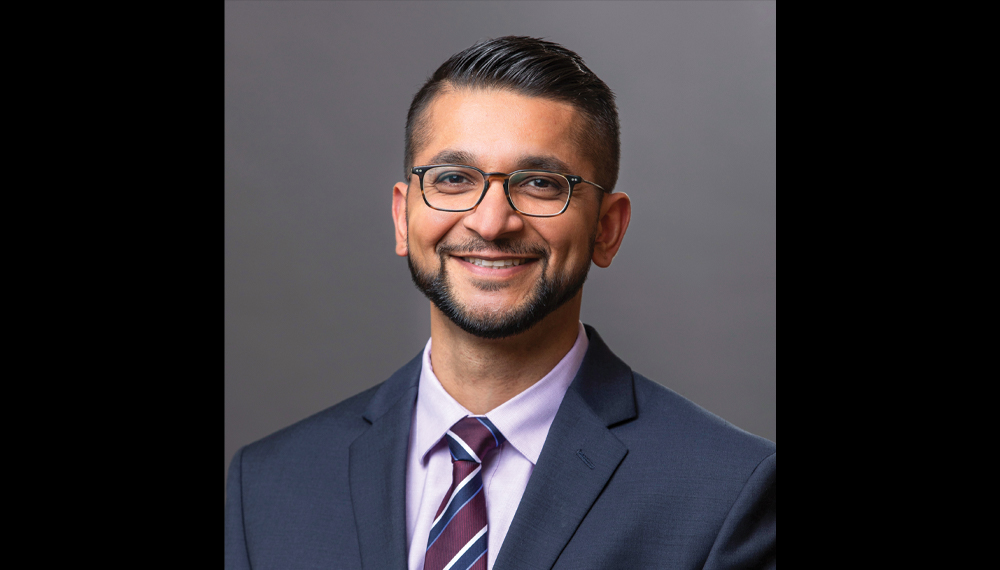The following is Dr. Devang Patel’s story of how his healthcare journey began and why he is providing care for seniors today.
Growing up in the state of Gujarat in India, I was fortunate enough to spend time with my grandfather, who was a prominent teacher and active member of the community. In India, children must pay to go to school, and due to widespread poverty not all families can afford this expense. Displaying the importance of community service, my grandfather privately taught disadvantaged children in the evenings and would refuse any monetary payments that families offered him, insisting he simply wanted a better future for these children.
My grandfather was my role model growing up, and when he developed Parkinson’s disease, I couldn’t help but fixate on the changes affecting his body. He suddenly seemed frail and weak with uncontrollable tremors. I continued to spend time with him, but now I was learning how to assist him with his daily living activities.
Accompanying him to his doctor’s appointments, I saw how modern medicine impacted the quality of his life. His movements were greatly improved from the prescribed medications, and he was able to return to doing what he loved—teaching. Observing his strong work ethic, compassion for others and service to the community—in the face of personal adversity—generated a desire within me to help as many people as I could.
After moving to Canada and assimilating to life in the Western world, I began volunteering at a nursing home. While at the nursing home, I worked with patients who had suffered strokes and had difficulty communicating. This experience was pivotal in helping me understand how health and wellness incorporate body, mind and spirit.
The physical process of speaking requires control of the vocal cords and respiration. In some stroke patients, their body can no longer perform this function, but they may still be fully aware in mind and spirit. Working one-on-one with patients who were relearning how to communicate without the faculty of speech requires thorough observation and patience, basic principles I continue to use in my practice today.
As an internist, I provide comprehensive care for adults. I choose to practice in the outpatient setting so I can foster meaningful relationships with my patients. Providing whole person, compassionate care through personalized wellness plans; utilizing current, evidence-based practice guidelines; and caring for patients as if they were my own family member is how I practice medicine.
Going to the doctor may be intimidating, but I can’t stress enough the importance of annual preventative visits. These visits are key in preventing future chronic conditions like diabetes, hypertension, osteoporosis and heart disease. These visits also allow for common cancer screenings including breast, colon, cervical and prostate cancers. Doctors are helpful for more than just sick visits. We are also here to help you optimize your health and wellness.
You can’t always see exceptional care, but you can feel it. At Centura Health, we know the care that comes from our minds and hands is only one part of whole person care. There’s another kind that comes from within—from our inherent, soulful desire to treat others with kindness and compassion. We believe that we are here to look out for, help and uplift one another, building flourishing communities—and that care is part of all of us. It comes from all of us and serves all of us.
Submitted by Wendy Forbes, director of media relations and public relations for Centura Health.










